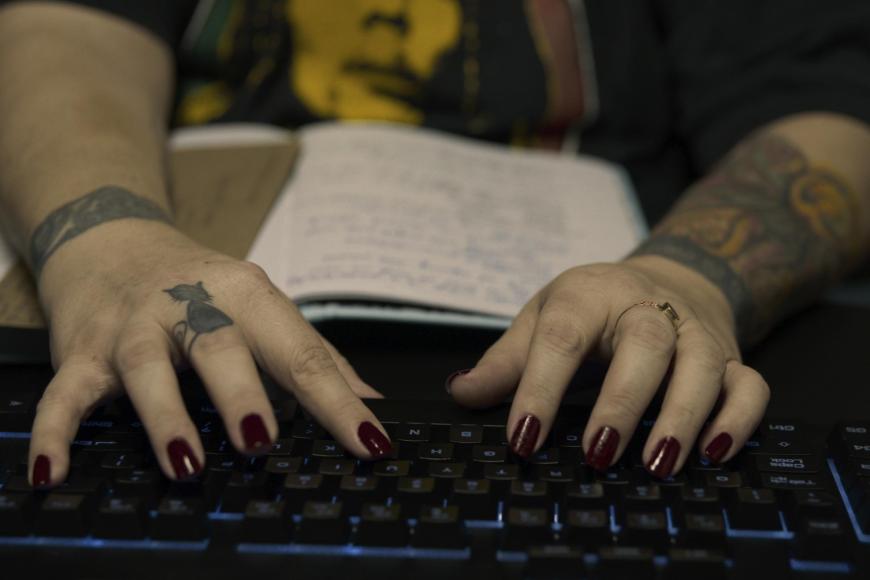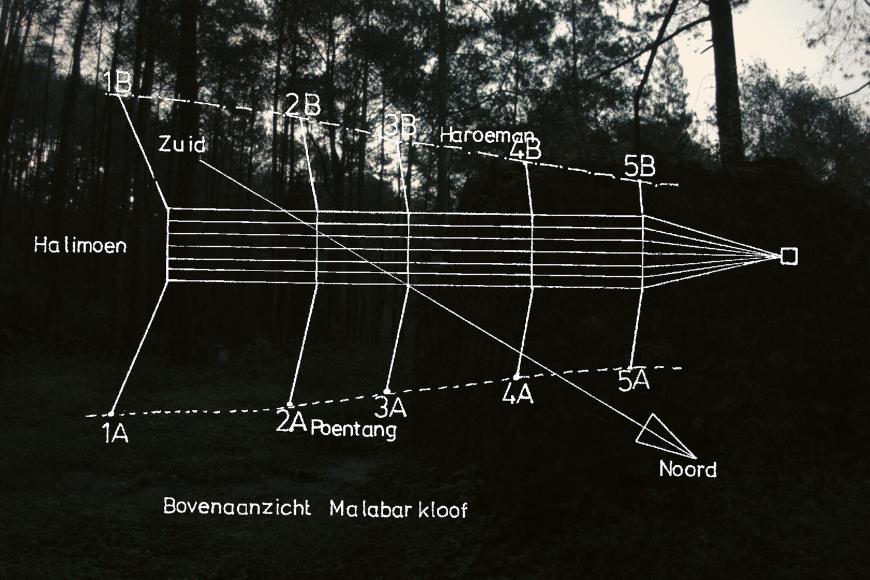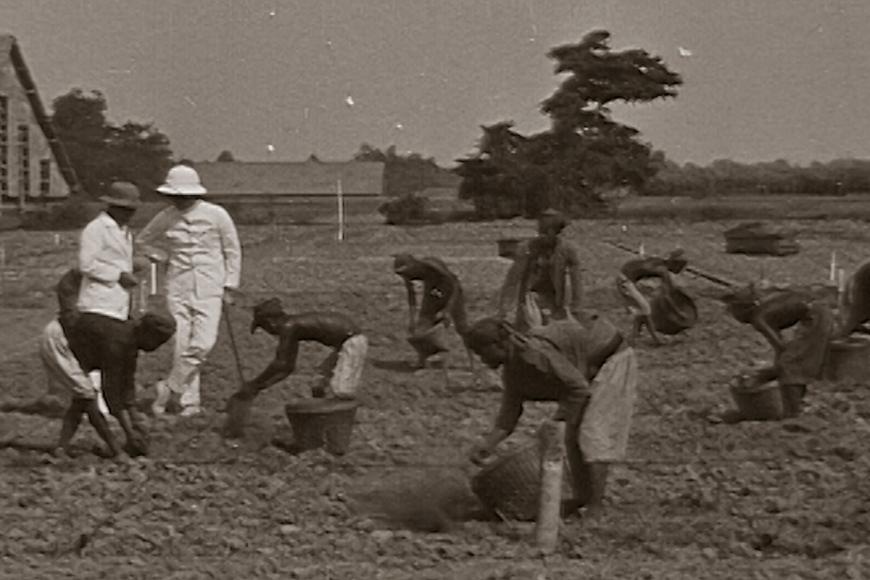
Karen Winther is ashamed when she remembers her past as a right wing extremist. But she is also curious: how was this possible? And how do others cope with the same radical ballast?

Karen Winther is ashamed when she remembers her past as a right wing extremist. But she is also curious: how was this possible? And how do others cope with the same radical ballast?

